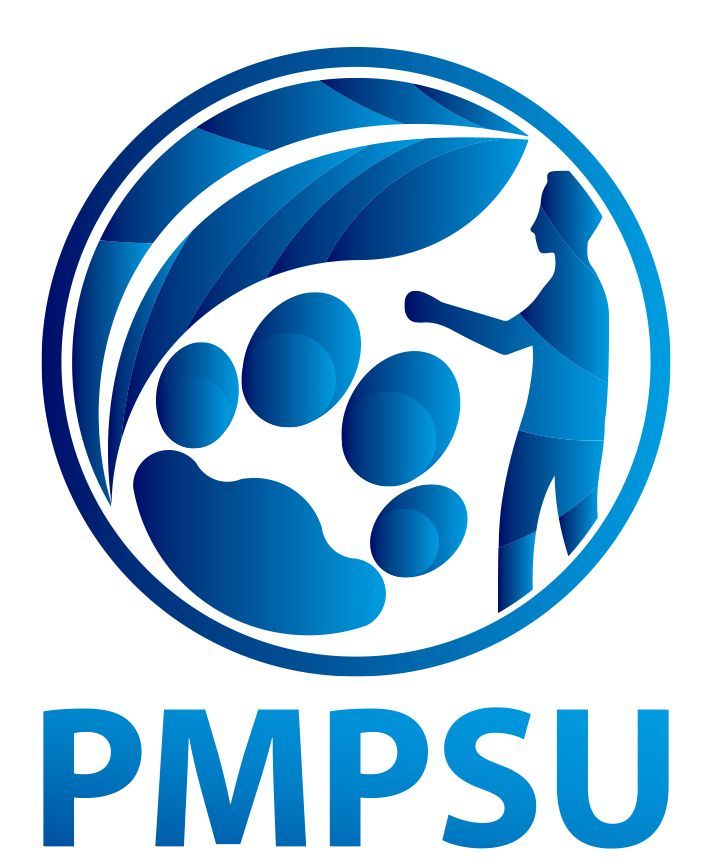ONE HEALTH
One Health represents an integrated vision of health, considered as a single and inseparable entity composed of three interconnected areas: human, animal, and environmental health. The interconnection of these three areas is recognized by international organizations such as the World Organisation for Animal Health (OIE) and the World Health Organization (WHO). The concept promotes the joint efforts of Veterinary Medicine, Medicine, and other health professionals in an integrated approach that can contribute to research development, increase the available scientific knowledge, and improve medical education and clinical care. As a result, public health actions become more effective and efficient, reducing global health risks. Ecological interactions between humans and animals occur in various environments and in different ways, which can lead to the transmission of pathogens between humans and animals, as approximately 60% of human diseases are zoonotic.
Thus, the implementation of a professional master's degree program focusing on One Health is a growing demand, not only from veterinary professionals and other health professionals, given the various professional market opportunities, but also from society itself. This reflects the need for technically qualified professionals to meet their demands as consumers of food and users of various health services related to health surveillance and improved quality of life.
PROGRAM OBJECTIVES
The professional master's degree in One Health aims to prepare health, agriculture, and environmental professionals to work innovatively within health services, meeting the demands of the professional market and society. Specific objectives for the program in the field of One Health include:
A) Provide adequate training for professionals to work in different sectors related to human/animal/environment intersections;
B) Facilitate the professional’s updating on legislation, new tools, and strategies for disease control;
C) Promote understanding of epidemiological tools, such as health indicators and evaluation of environmental risk factors, for use in daily work and assessment of control strategies related to the prevention of animal and human diseases and food safety;
D) Develop mechanisms for professional performance focused on the planning, management, and evaluation of work processes in One Health;
E) Enable the development of innovative technical skills for practical application in daily professional activities, fostering discussion and updating on key public policies that contribute to management processes within Public Institutions of Agriculture, Environment, and Health;
F) Encourage critical and reflective thinking in One Health, enabling professionals to apply it in the management and coordination of teams in their daily work and to act intersectorally at various levels—within and outside institutions, as well as with organized civil society.

